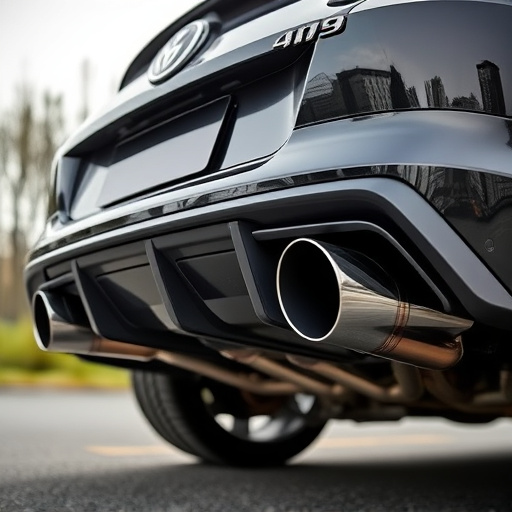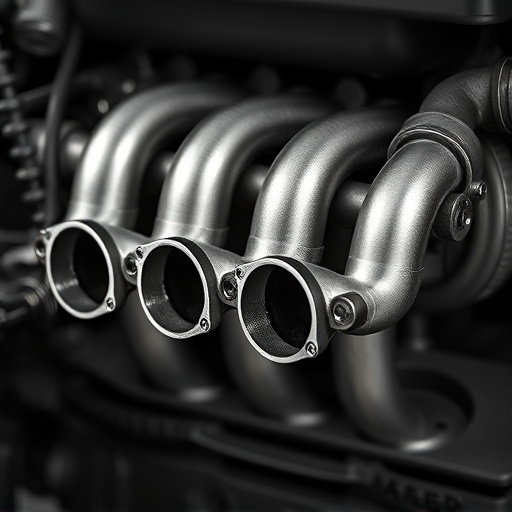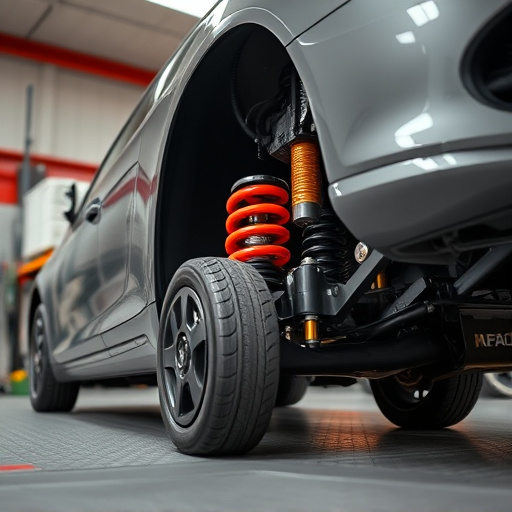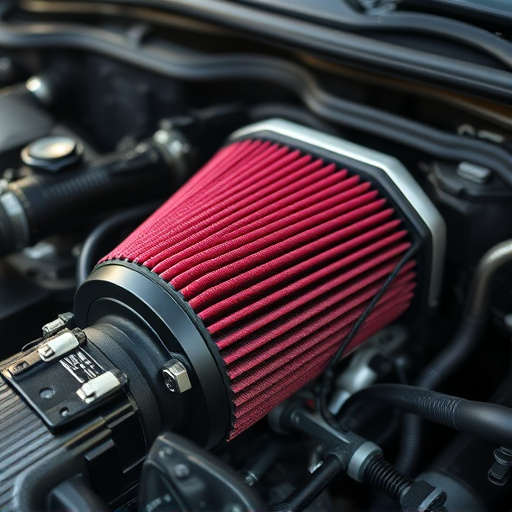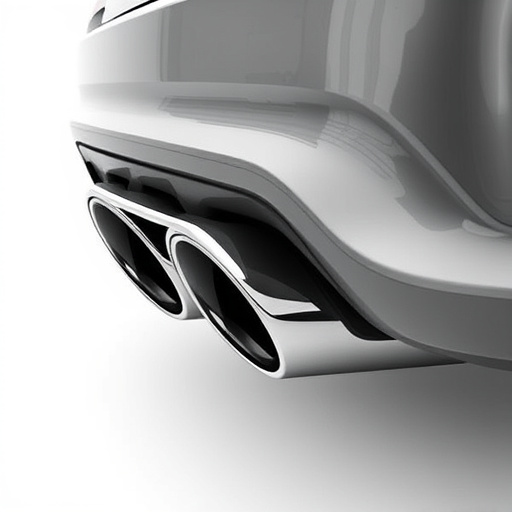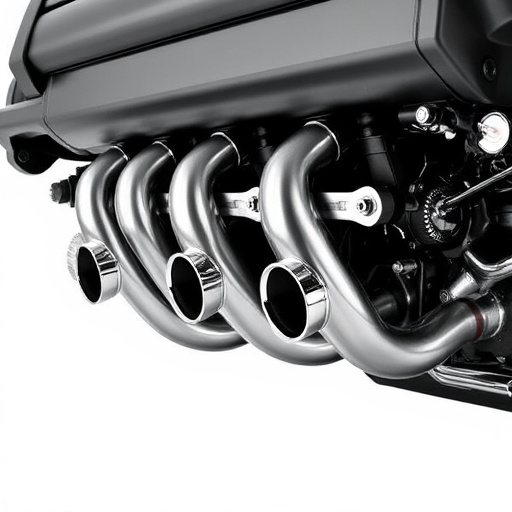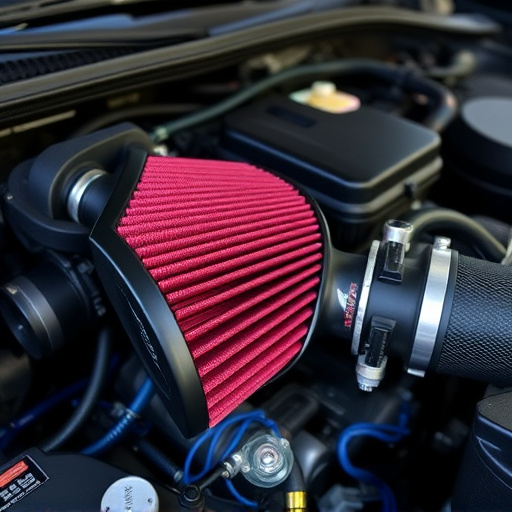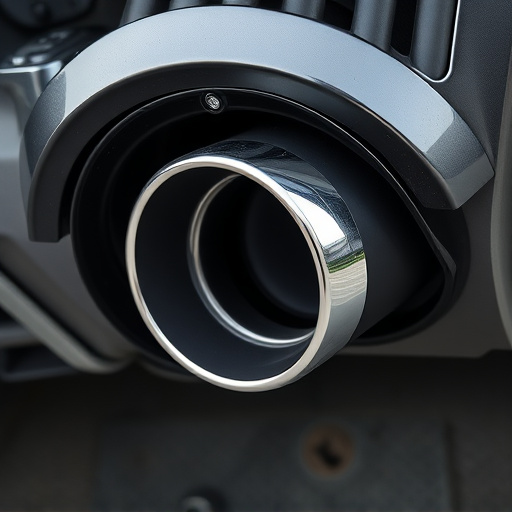Drop-in air filters are an easy, cost-effective way to boost vehicle performance and save on fuel. By improving airflow to the engine, these filters enhance combustion efficiency, increase power, and reduce fuel consumption, especially in modified vehicles. Regular replacements extend engine life, lower maintenance costs, and minimize emissions, making them a valuable upgrade for car enthusiasts and daily drivers alike.
A clean drop-in air filter can significantly reduce fuel costs and enhance your vehicle’s performance. This efficient, low-cost component plays a surprising role in maximizing fuel efficiency, as dirty filters restrict airflow, forcing engines to work harder. By replacing old filters with high-quality drop-ins, drivers can expect smoother operation, better gas mileage, and substantial long-term savings. This article explores the science behind air filters’ impact on fuel economy and provides practical tips for harnessing the benefits of clean, drop-in filters.
- Understanding Air Filters' Role in Fuel Efficiency
- Benefits of Drop-In Air Filters for Vehicles
- Practical Steps to Save Costs with Clean Filters
Understanding Air Filters' Role in Fuel Efficiency
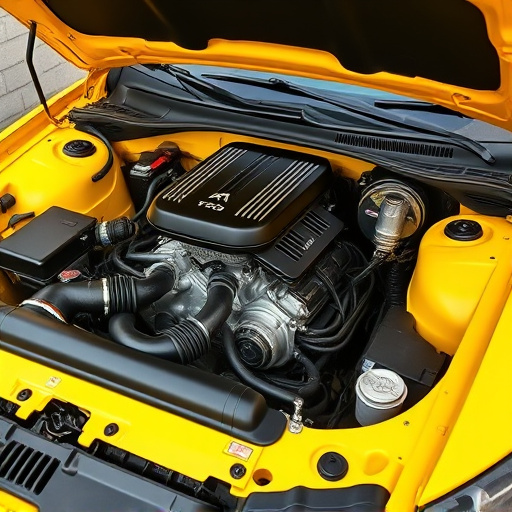
Air filters play a significant role in maintaining optimal vehicle performance, which has a direct impact on fuel efficiency. A drop-in air filter, designed as a straightforward replacement for the stock unit, can significantly enhance airflow to the engine. By allowing more clean air into the combustion chamber, it enables better fuel combustion, resulting in improved engine power and efficiency. This simple upgrade is often overlooked but can lead to noticeable savings on fuel costs over time.
In many vehicles, especially those with cat-back exhaust systems or coilover kits, the air filter is a critical component. It ensures that the engine receives a steady supply of cool, unrestricted air, contributing to overall vehicle performance. A clogged or dirty air filter can restrict airflow, making the engine work harder and less efficiently, ultimately leading to higher fuel consumption. Thus, regular maintenance and timely replacement of air filters are essential practices for maximizing fuel efficiency.
Benefits of Drop-In Air Filters for Vehicles
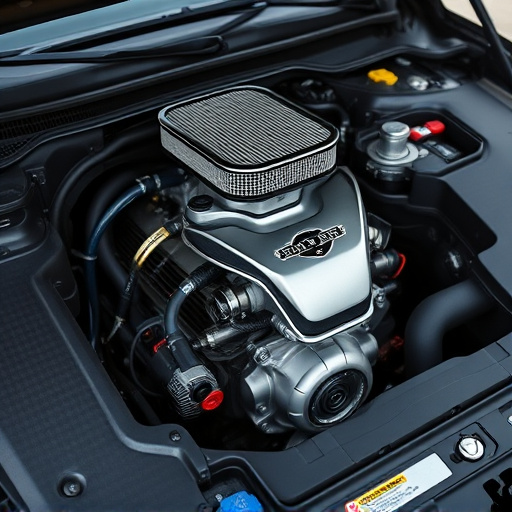
Drop-in air filters offer a simple yet powerful solution for optimizing vehicle performance and reducing fuel costs. These high-quality filters are designed to seamlessly fit into existing air intake systems, providing an easy DIY upgrade for car enthusiasts and everyday drivers alike. By replacing the stock air filter with a drop-in model, vehicles can experience improved airflow, which directly translates to enhanced engine performance. This simple modification allows for better combustion, resulting in increased fuel efficiency and lower emissions.
Additionally, drop-in air filters can contribute to longer engine life and reduced maintenance costs. They capture and retain fine particles, preventing them from entering the engine, thereby minimizing wear and tear on vital components like the cylinder head and piston. Many top-tier brands offer air filter kits that include all necessary components, including muffler tips for a complete overhaul, ensuring a smoother and more efficient driving experience while offering peace of mind knowing your vehicle’s engine is protected.
Practical Steps to Save Costs with Clean Filters
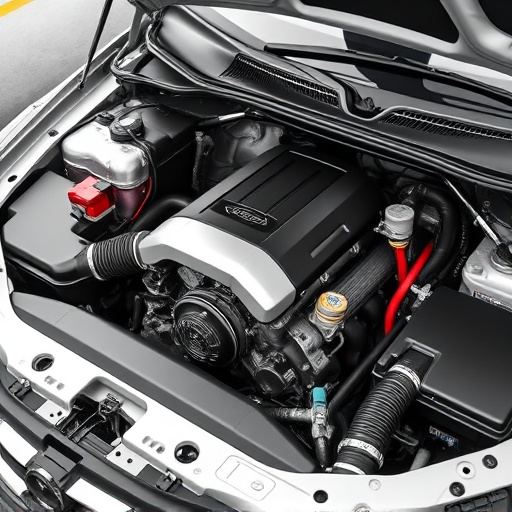
Maintaining your vehicle’s air filter is a simple yet effective strategy to reduce fuel costs. Regularly replacing your drop in air filter ensures optimal engine performance, allowing for better airflow and efficiency. Start by locating your vehicle’s air filter; it’s often easily accessible in the engine compartment. A clean, well-maintained filter enables the engine to draw in the right amount of air, which is crucial for burning fuel efficiently.
Consider upgrading to a high-quality drop in air filter suitable for your vehicle. These filters are designed to last longer and capture more contaminants, enhancing engine performance. Additionally, integrating suspension kits or coilover kits, which offer precise control over ride height and damping, can further optimize airflow and overall vehicle dynamics, contributing to better fuel economy. Remember, simple maintenance practices like replacing air filters can lead to significant long-term savings on fuel costs.
A clean drop-in air filter is a simple yet effective way to reduce fuel costs and improve your vehicle’s efficiency. By replacing dirty filters, you enable better airflow, which leads to optimal engine performance. This cost-saving measure is an easy and practical step towards navigating the road with reduced environmental impact and more money in your pocket.

